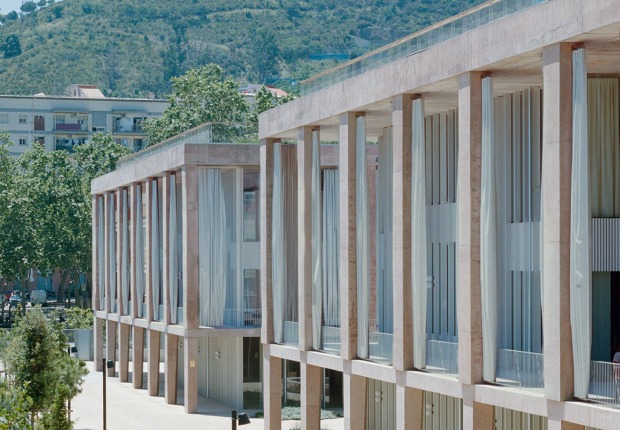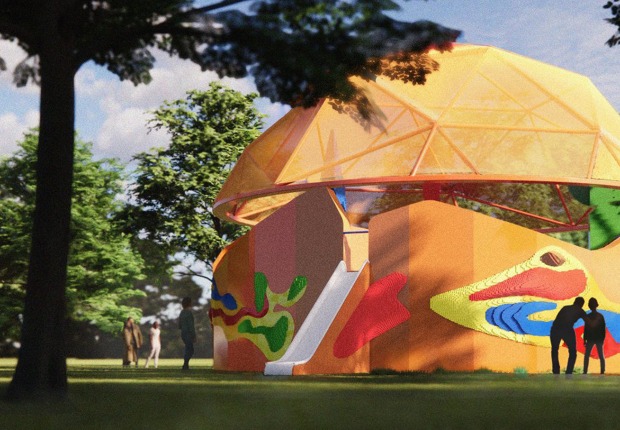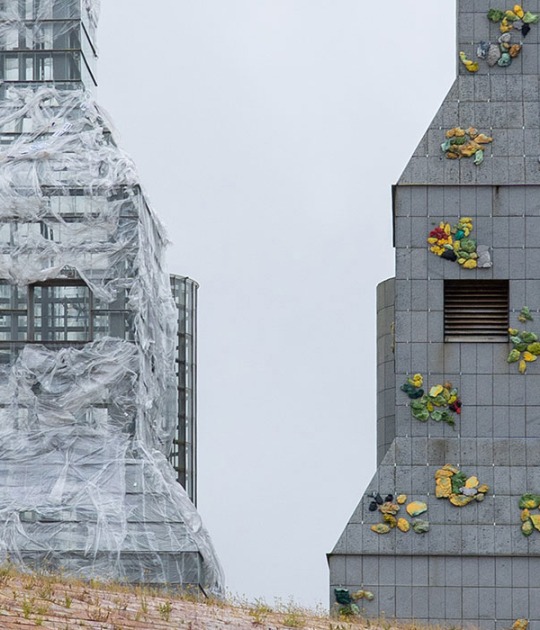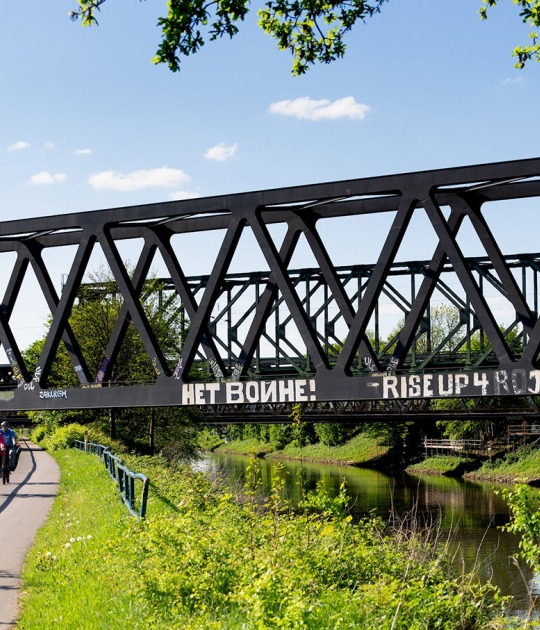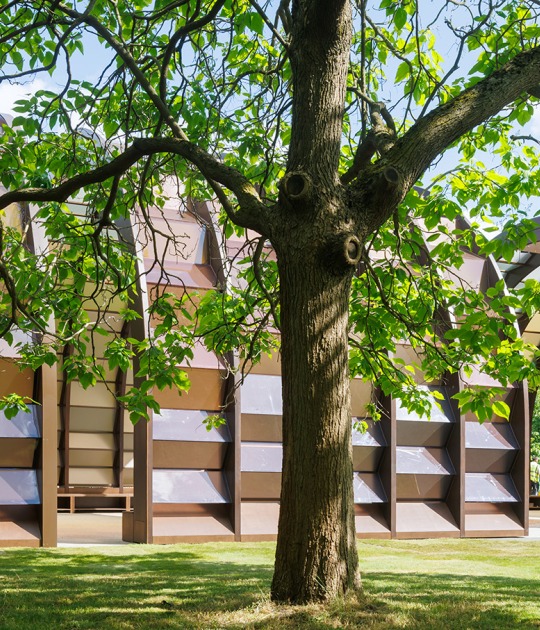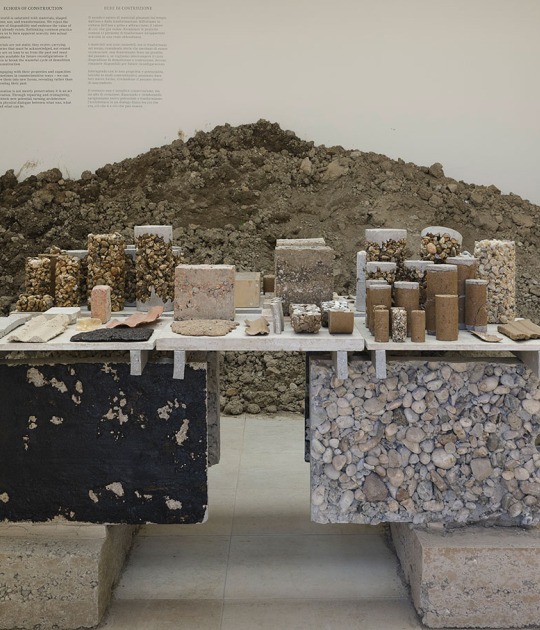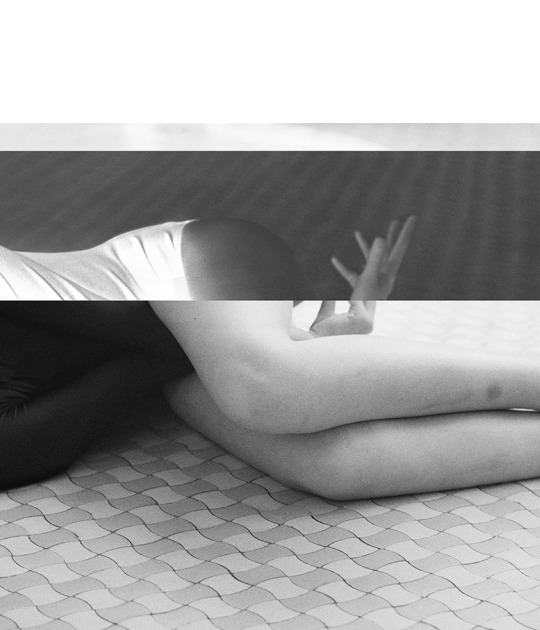The exhibition has been mounted by the Shchusev State Museum of Architecture, Moscow. These “Higher Artistic-Technical Workshops” were founded in 1920 by decree of the Soviet government. In eight faculties divided into production workshops (Wood, Metal, Textiles, Printmaking, Ceramics) and art workshops (Painting, Sculpture, Architecture) several thousand students received instruction. An introductory course with a completely novel artistic and scientific curriculum was followed by a degree course lasting several years.
The staff of the school consisted of famous artists and architects of both sexes, whose names are associated with the heyday of the Russian avant garde: El Lissitzky, Naum Gabo, Moisei Ginzburg, Gustav Klutsis, Vasily Kandinsky, Nikolai Ladovsk, Alexander Melnikov, Lyubov Popova, Alexander Rodchenko, Alexei Shchusev, Varvara Stepanova, Vladimir Tatlin and Alexander Vesnin.
The aim was to harness art and architecture to the task of making the “New Man”, thus bringing about a revolutionary renewal of the relationship between art and society. But the bitter disputes that broke out over the “right” course were also reflected in the history of the school, its teachers and its students, since architecture, as a “synthetic art”, had a key role to play here. The degree dissertations and experimental research projects show enormous utopian zeal and architectural potential. They also illustrate, often in extreme form, the credos of the conflicting tendencies at the Vkhutemas.
The influence of the Vkhutemas extended far beyond the borders of Soviet Russia. There were contacts with the Bauhaus, which had been founded in Weimar in 1919 before moving to Dessau. In 1925 Vkhutemas students exhibited at the “Exposition internationale des arts décoratifs et industriels modernes” in Paris, together with their teachers Melnikov and Rodchenko. In 1927, order to emphasize the scientific aspect, the school was renamed the “Higher Artistic-Technical Institute”, or VKhUTEIN. There was a desire to move away from the fine arts towards applied art in industry and manufacturing. Radically functionalist aims in housing construction and town planning came to the fore. In 1930 the school was closed down and the Architectural Faculty was merged with the Higher Engineering and Architectural Institute, later the Moscow Architectural Institute. The Russian avant-garde lost its influence and was radically sidelined in favour of “Socialist Realism”. There would no longer be any place for Constructivist concepts in Russia’s new planned economy.
Organizer Berliner Festspiele.
An exhibition of the Martin-Gropius-Bau and The Schusev State Museum of Architecture Moscow
Curator Irina Chepkunova
Where.- Berliner Festspiele. Schaperstraße 24. 10719 Berlin. Germany.
When.- 5 December 2014 to 6 April 2015.













